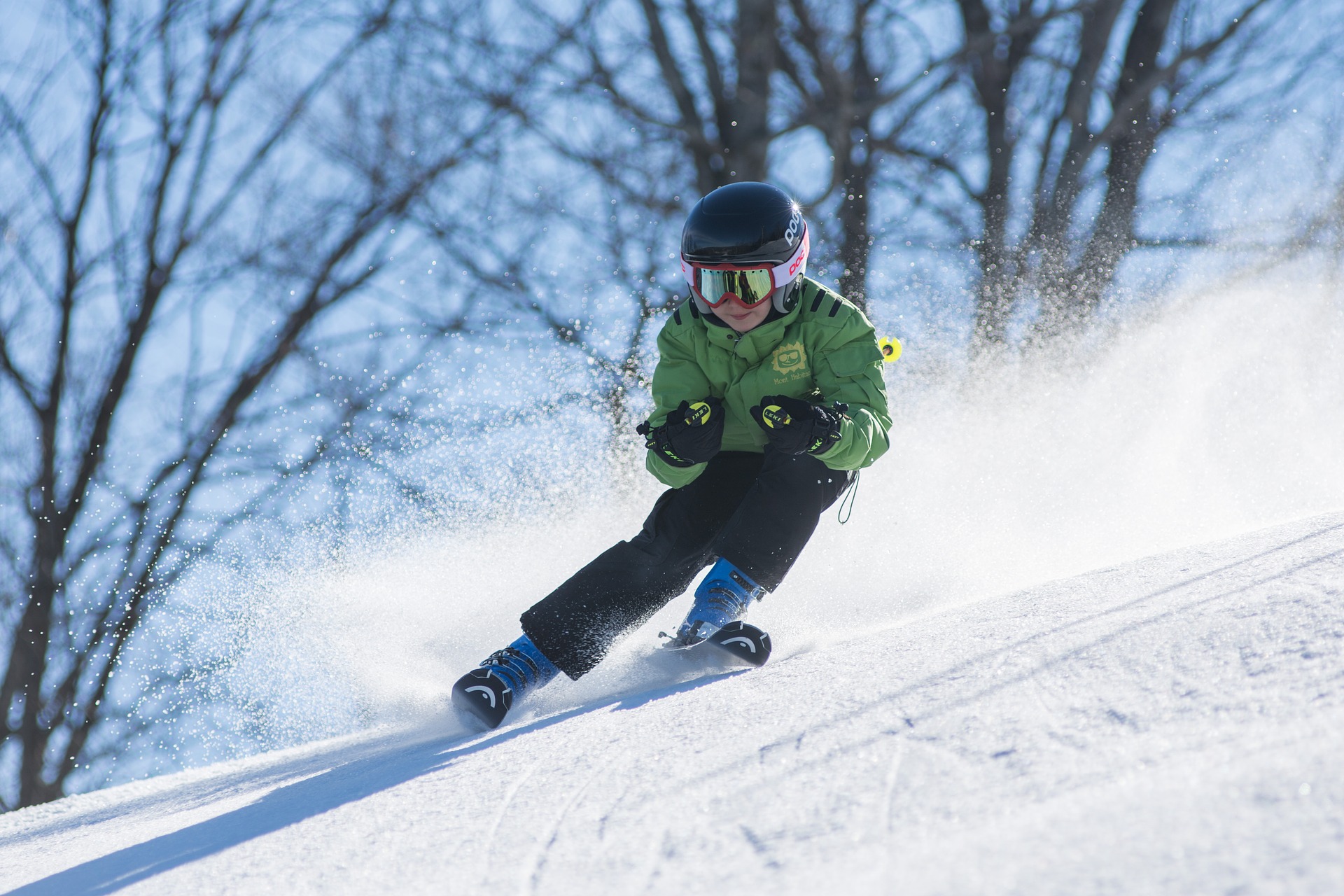We all know how important physical activity is for children, but as parents we often face the difficult question: should our children’s sports be fun or training? In this article, we’ll go over the pros and cons of each of these approaches.
1. Is the sport practiced by the child fun or training for life on the pitch / courts?
The answer is… it’s both! It’s up to the parents and trainers to find the right balance between fun and training.
2. What are the benefits of playing sports and how does it help in adulthood?
The benefits of playing sports are enormous. Sport teaches your child discipline, teamwork and social skills. It’s also a great way to stay fit and healthy for years to come.
Aerobic activity helps build endurance and strength, which are key to building your child’s aerobic fitness. Your heart becomes more efficient when you exercise regularly – this means that the same effort takes less energy to achieve what was previously impossible! Finally, regular physical activity increases bone density in children, making it easier for them to avoid fractures in adulthood.
The combination of these benefits will help your baby stay healthier throughout his life. From an early age, children should learn to stay in shape through play and sports under the supervision of their parents, until adulthood and then retirement!
3. How do you know if your child is ready for the sport?
There are several questions parents should ask themselves before their children play sports.
Is your child ready for the physical training demands? Is your child’s fitness level adequate to match that of their teammates and opponents? Are you sure your child will be able to follow the rules, know how to play fair play, and learn from mistakes without facing personal punishment from adults on the sideline who drank alcohol all day after work? Will he handle criticism from his teammates when he loses or makes a mistake during a match? Most importantly: is this sport safe enough that it won’t avoid injuries such as concussion that could affect it forever in adulthood?
If you answer NO to any of the following questions, your child is not ready to participate in organized sports.
If you answered YES to all of the above questions, it’s high time to write them down!
4. The most common misconceptions about children playing sports.
Parents often worry that their child will get injured while playing sports. But injuries are actually very rare when children play sports safely, under proper supervision and with proper training. The most serious injury a child can experience while engaging in organized sports is a concussion – which is not even a trauma in the end! Rather, it is a form of brain injury caused by a physical blow to the head or to the moving body (often referred to as “ringing a bell”). Concussions cannot be treated with painkillers like other types of injuries – they should always be taken seriously as symptoms may not appear for several days after a blow to the head. If your child experiences any symptoms after being hit, you should immediately remove them from exercise or play for as long as possible
5. Tips on how to get children interested in various types of sports and activities that they did not consider before (e.g. swimming, gymnastics).
One of the most important things you can do as a parent is to see your child happy. If you have an older son or daughter who seem bored and uninterested in anything, try to find out what they like to do by asking them questions about their interests outside of sports. Maybe they want to learn to play guitar? Or maybe they love to go for nature walks with you after school! Whatever it is, help them find something new and exciting for them to enjoy
6. Reasons why children should be encouraged to play more than one type of sport (e.g. better coordination, better mental health)
When children play more than one sport, they can learn a lot about their body and how it works. They develop better coordination and greater confidence when they are successful in a new challenge or activity. Children who enjoy trying different sports have fewer mental health problems later in life due to the sense of belonging that being part of a team gives.

